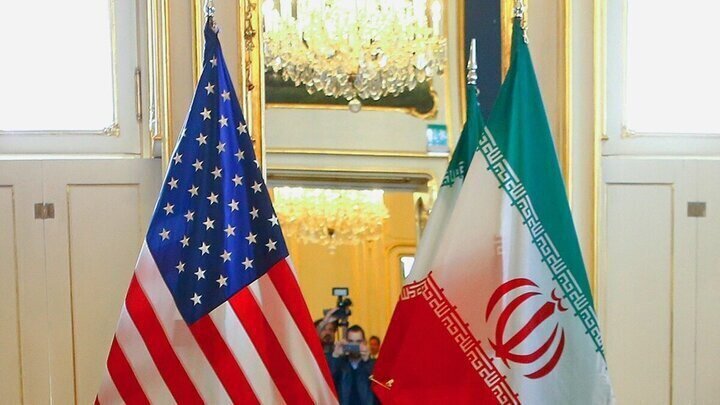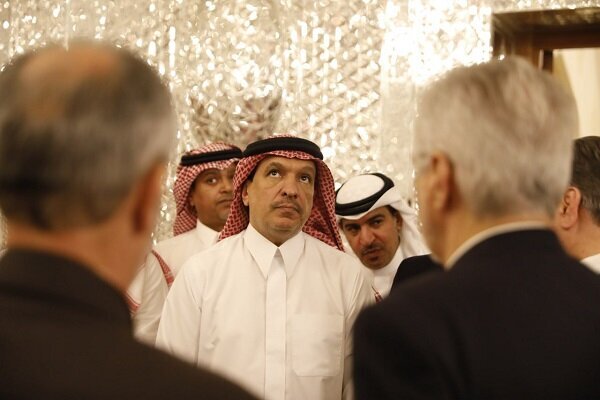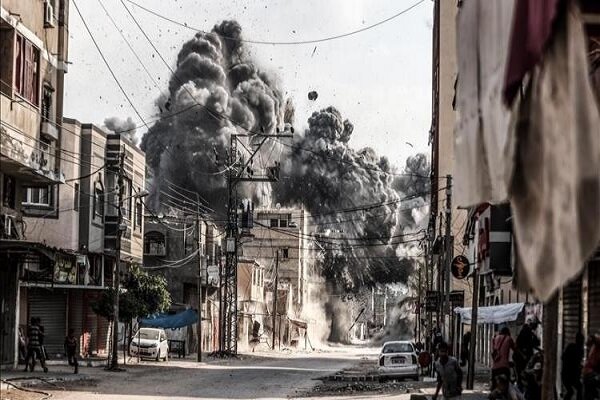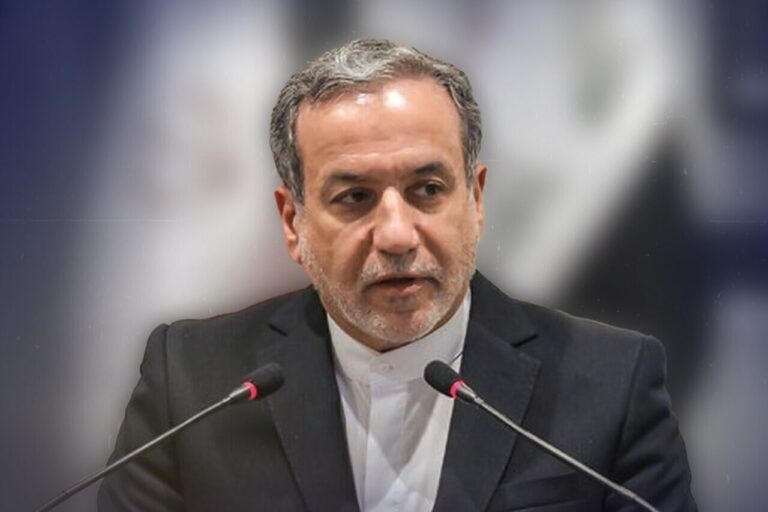Key Players Revealed: Iran and US Representatives in Crucial Oman Talks
Indirect negotiations between Iran and the United States are poised to commence on Saturday in Oman, marking a significant diplomatic moment. This high-stakes dialogue is anticipated to address various pressing issues between the two nations, with key representatives on both sides set to engage in discussions.
On Tuesday, Iranian Foreign Minister Abbas Araghchi disclosed that Tehran and Washington would initiate these crucial indirect negotiations, describing the event as “an opportunity and a test” for the US. This statement underscores the importance of the upcoming talks in shaping future relations between Iran and the United States.
According to unconfirmed reports from Nournews, the lead negotiators for this diplomatic endeavor will be:
- Abbas Araghchi – Iranian Foreign Minister
- Steven Witkoff – United States Special Envoy to the Middle East
These discussions will not take place face-to-face; instead, they will be conducted indirectly. The Omani Foreign Minister Badr Albusaidi will serve as the mediator, facilitating communication between the two sides. This approach is expected to create a more flexible environment for negotiation.
On Monday, in response to speculation regarding the potential negotiators, Araghchi emphasized that all future negotiations will be fully managed by the Foreign Ministry of Iran. This statement reinforces the Iranian government’s commitment to maintaining control over the negotiation process and underscores the seriousness with which it regards these talks.
As the world watches closely, the implications of these negotiations could be far-reaching. Key issues that may be on the agenda include:
- Nuclear Agreements: Discussions may revolve around Iran’s nuclear program and compliance with international agreements.
- Regional Security: The parties could address security concerns in the Middle East, particularly regarding conflicts involving Iran’s influence.
- Economic Sanctions: The impact of US sanctions on Iran’s economy is likely to be a significant topic, with discussions on potential easing of restrictions.
- Human Rights Issues: Human rights conditions in Iran may also be raised, as the US has frequently highlighted these concerns in its foreign policy.
The backdrop of these negotiations is essential in understanding the climate surrounding them. The relationship between Iran and the United States has been fraught with tension over the years, particularly since the US withdrawal from the Joint Comprehensive Plan of Action (JCPOA) in 2018. This event significantly escalated hostilities and led to increased sanctions against Iran, which have had a profound impact on its economy.
In recent months, there have been signs of thawing relations, with both countries expressing a willingness to engage in dialogue. Observers note that the outcome of these indirect negotiations will not only influence bilateral relations but could also affect broader regional dynamics in the Middle East.
Moreover, the choice of Oman as a venue for these discussions is significant. Oman has traditionally played a mediating role in conflicts in the region and is seen as a neutral ground for talks. This setting may provide a conducive atmosphere for both sides to explore potential avenues for cooperation and resolution of their longstanding disputes.
As the date for the negotiations approaches, both Iran and the United States are under pressure to demonstrate progress. The international community is keenly interested in the results of these talks, as they could signal a shift in the geopolitical landscape of the region.
In conclusion, the upcoming indirect negotiations between Iran and the United States in Oman represent a pivotal moment in their diplomatic relations. With key figures at the helm and a mediator facilitating the discussions, there is cautious optimism about the potential outcomes. The coming days will reveal whether this opportunity can lead to meaningful dialogue and resolution of critical issues affecting both nations and the broader region.
Stay tuned for updates as the negotiations unfold, and watch how these developments could reshape the future of Iran-US relations.






